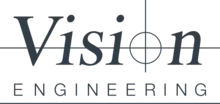Materials Inspection
The plastic industry requires magnification for inspection throughout the manufacturing or production process. Inspection and analysis of inbound RAW material, checking for size, quality, composition and contamination is vital to ensure the quality of the final product.
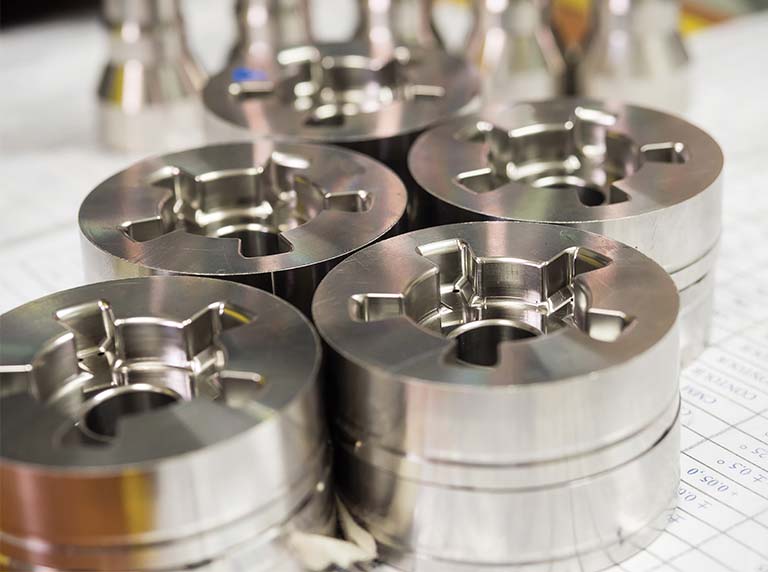
Tools inspection
Mould tools and extrusion dies need to be checked regularly to check for signs of wear and damage that may affect the quality of the final product. A 3D view of fine details including injection points and tool seams can help prevent moulding and extrusion defects before they happen. By viewing in 3D rather than 2D, edges are seen more clearly with details not hidden by colour or lighting, and the shape of the tool can be seen in detail with full depth perception.
Inspection and measurement for plastic parts
Plastic parts that have been manufactured by injection moulding will need to be visually inspected for sink marks, gas and burn marks, flash or plastic leaks, short shots and knit or weld lines. Extrusion is inspected for signs of resin defects, surging, poor mixing, fractures, overheating, moisture release, trapped air and contamination. Items may also be inspected for cracks, pits, chips, warping, shrinkage, stress and other deformities. As part of the inspection process, measurement of critical features such as tooth geometry on gears and feature details, including tolerance, is often required.
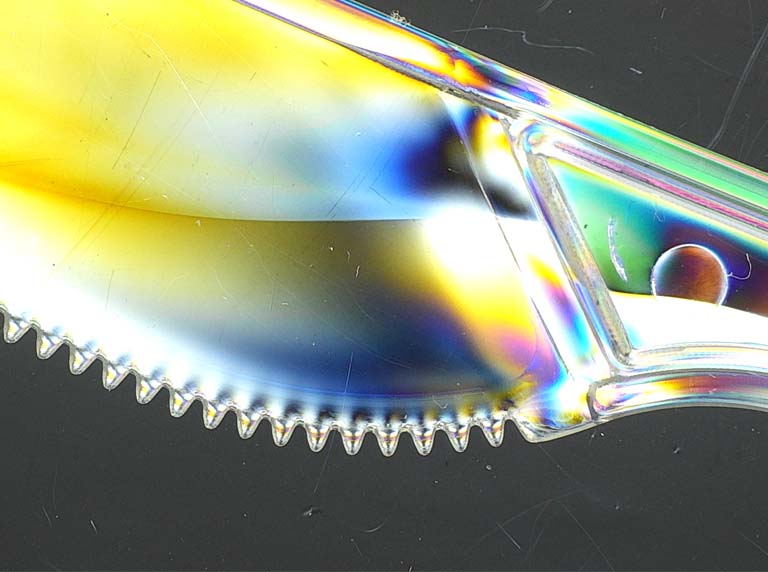
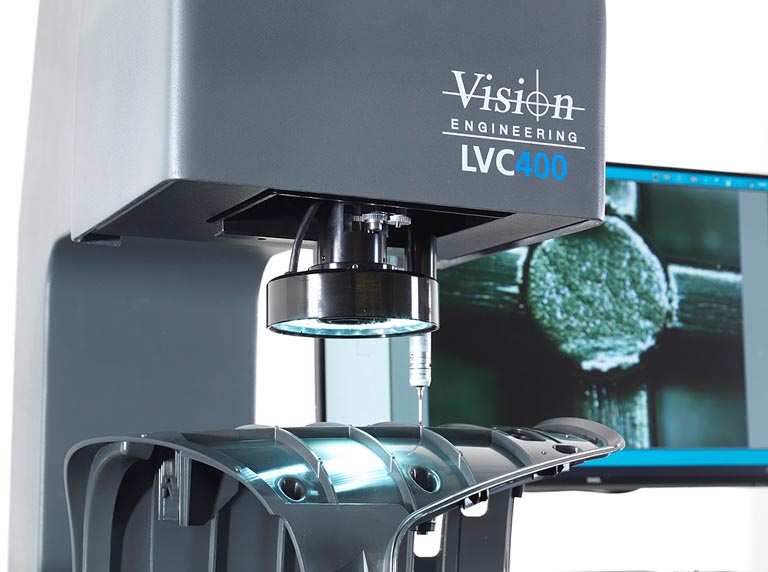
LVC
Extraordinarily capable, but surprisingly easy to use, Vision Engineering’s LVC400.
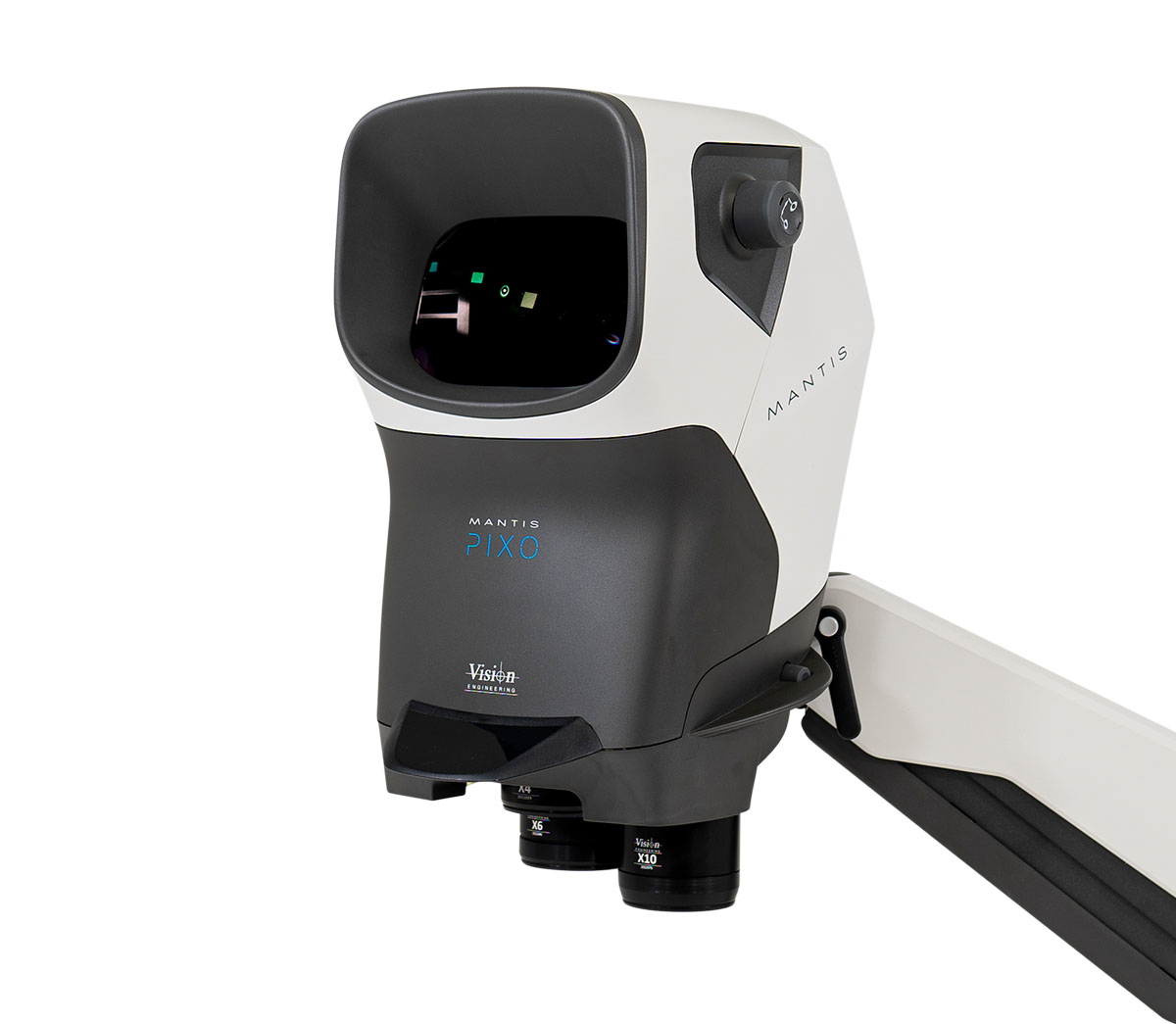
Mantis
Eyepiece-less 3D stereo microscope offering exceptional operator comfort and superb 3D imaging.


